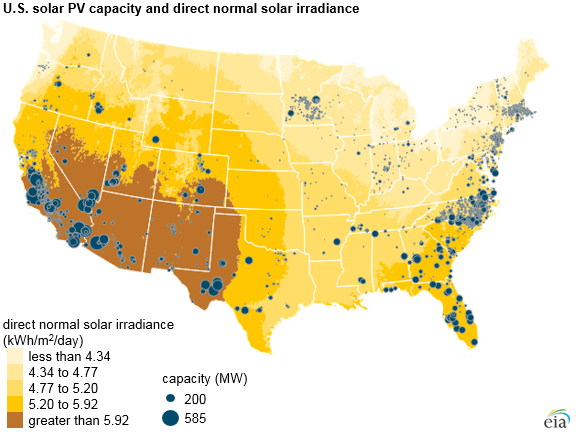There are various solar tax exemptions and incentives offered by states in the US to encourage the use of solar energy. The specifics of these incentives can vary from state to state, but here is a general breakdown of some of the most common solar tax exemptions:
- Property Tax Exemptions: Many states offer property tax exemptions for the value of solar energy systems installed on a property. This means that the value of the solar panels and equipment is not included in the property’s assessed value for tax purposes.
- Sales Tax Exemptions: Some states offer sales tax exemptions for the purchase of solar energy equipment and installation services.
- Income Tax Credits: Some states offer income tax credits for the installation of solar energy systems, which can be applied to reduce the amount of income tax owed.
- Rebates: Some states offer rebates for the installation of solar energy systems, which can help offset the cost of the installation.
- Net metering: Net metering policies allow solar energy system owners to sell excess energy back to the utility company. This is offered in most states and it’s a way for homeowners to get back a portion of the energy they generate.
It’s worth noting that policies and incentives are subject to change and may vary depending on the state and the type of property or business. It’s always recommended to check with your state government website or a solar energy professional to get the most up-to-date information and to determine the specific tax exemptions and incentives that may be available in your area.



